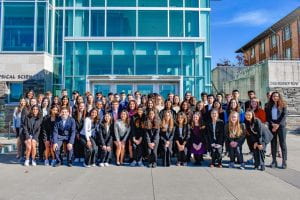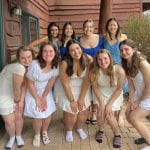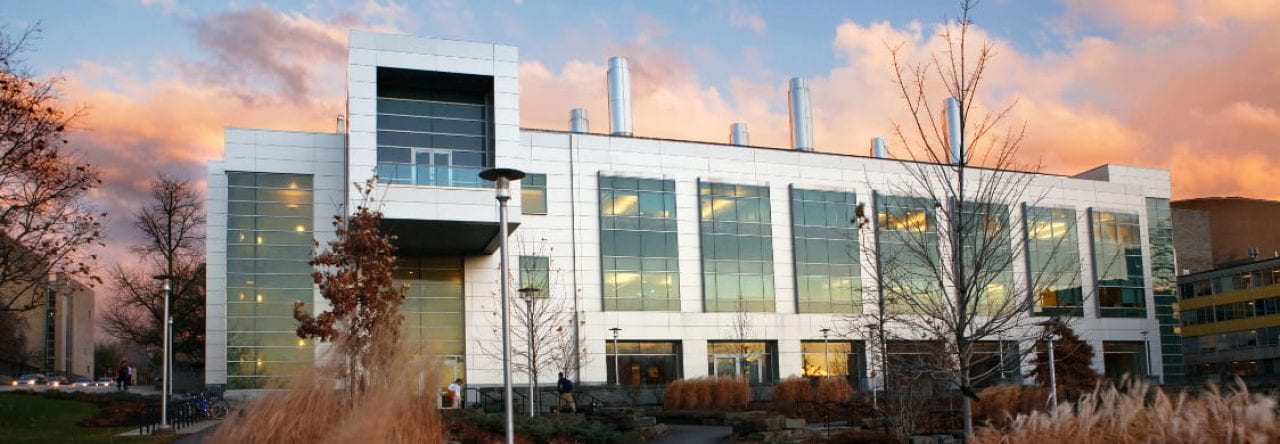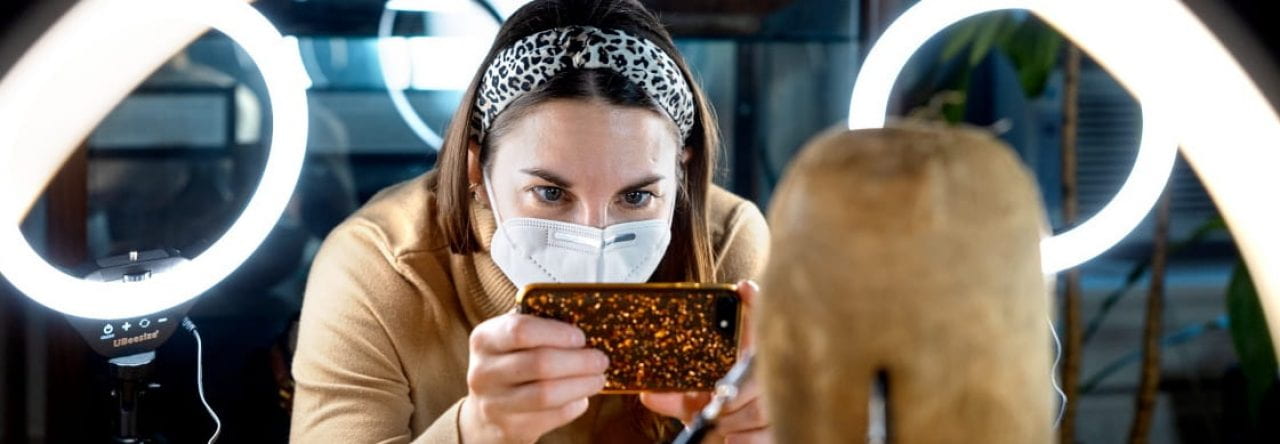As a Cornell Engineer, I spend a good amount of my time on assignments and studying for prelims. However, I try to have a balance outside of the classroom as well. It is important to expand your horizons for a few reasons: first, getting hands-on experience and gaining transferable skills comes from being involved in clubs and activities, but it also allows you to meet other people and have social opportunities! In my time at Cornell, I have joined organizations such as project teams, sororities, and societies. It has been a great experience for me to meet people and gain experiences.
 When it comes to organizations that I am actively a part of, I am involved in two project teams, I am in an engineering sorority, and I also was a peer advisor in the college of engineering for incoming freshmen. I joined my first project team in my freshmen spring semester called Engineers for a Sustainable World, which is a big project team with a lot of different projects. As someone who wants to go into renewable energy, this was a great way for me to meet other people interested in that field as well as learning about other areas of sustainability. My first project that I worked on was a retractable wind turbine prototype, and I got to learn technical skills and transferable skills that are gained from working with others on a project. Currently, the new project that I am on is called Smart Controls where we are working with the Office of Sustainability to detect faults in meter readings on campus. In addition, I am also on a project team called Cornell University Sustainable Design where I am on a
When it comes to organizations that I am actively a part of, I am involved in two project teams, I am in an engineering sorority, and I also was a peer advisor in the college of engineering for incoming freshmen. I joined my first project team in my freshmen spring semester called Engineers for a Sustainable World, which is a big project team with a lot of different projects. As someone who wants to go into renewable energy, this was a great way for me to meet other people interested in that field as well as learning about other areas of sustainability. My first project that I worked on was a retractable wind turbine prototype, and I got to learn technical skills and transferable skills that are gained from working with others on a project. Currently, the new project that I am on is called Smart Controls where we are working with the Office of Sustainability to detect faults in meter readings on campus. In addition, I am also on a project team called Cornell University Sustainable Design where I am on a

Cornell Engineering has a lot of clubs and societies where they offer programs for anyone to take part in. A very common program that clubs do is a mentorship program where you are paired with upperclassmen who can act as a “mentor” and you meet with your mentorship group regularly throughout the semester. I did this for two different clubs, Women in Computing at Cornell and the Institute for Electricity and Electronics Engineers. These kinds of societies also have information sessions with companies, social opportunities, and professional development workshops which can be very beneficial to learn from and bond with fellow students.
project called Aquaculture, and I am working on the electrical wiring and software behind devices to detect temperatures and pH in the waters to ensure safety for the fish that are being farmed. Both of these project teams have given me connections to others who are interested in sustainability as well as hands-on experience.
I am also a part of an engineering sorority called Alpha Omega Epsilon which has been a great way for me to bond with other women in STEM. It allowed me to meet more upperclassmen who could give advice about classes and general engineering-related topics. It also has given me social opportunities to make more friends and has been a really great experience for me.
Overall, being involved outside of the classroom has been really important to me in my experience at Cornell because while I am here to study and get my degree, college is a really unique time in life and it is good to take advantage of the opportunities that are presented to meet others. It is a great way to make friends and have a sense of community, which is overall better for mental health and probably one of the most important aspects of being involved. It is also a good way to develop skills and connections that can benefit you in the long run. Some great ways to learn more about these opportunities are to go to club fest, follow organizations on social media, and pay attention to the sundial emails and announcements in your classes that advertise organizations.
—Sarah, electrical and computer engineering





